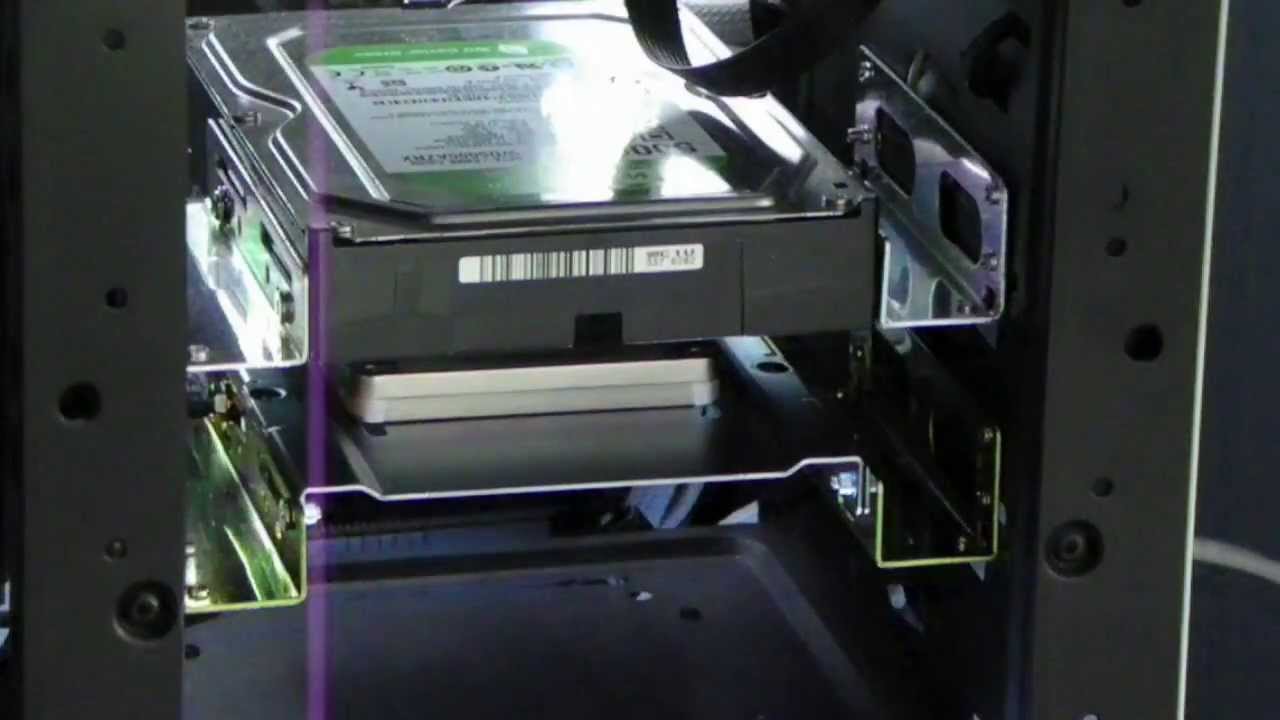
This is usually the scene with gaming laptops where large disk space matters for storing game files but SSD is required for faster boot and computing experience. It comes with a SSD with limited disk space like 120 GB and an additional HDD with 500 GB or 1 TB disk space.

Here’s the scenario: you got a new computer. Why? Because the scenario is slightly different and several It’s FOSS readers have asked questions about this particular scenario. Recently, I also wrote about dual booting on a Bitlocker encrypted Windows system.Īnd yet here I am talking about it again.

Dual booting Ubuntu and Windows is not that complicated and I have covered it in detailed tutorial in the past.


 0 kommentar(er)
0 kommentar(er)
